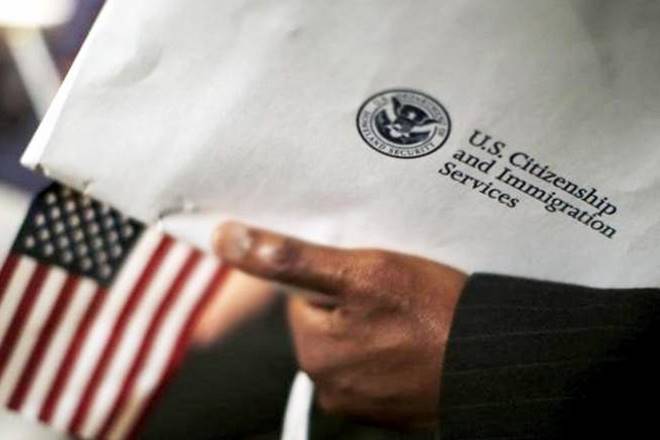Amid the confusion over the future of US H1B visa after the formation of new government in the United States led by Donald Trump that has called for stricter norms for its issuance, a large number of Indian students are resorting to EB 5 visa program to remain in the US after graduating, reported India Today. According to the report and US Citizenship and Immigration Services (USCIS), the EB 5 program is administered by USCIS that requires participants to invest a minimum amount of $500,000 (approximately Rs 3.3 crore) in target employment areas associated with regional centers approved by it and plan to create or preserve 10 permanent full-time jobs for qualified US workers. In return, the investors and their immediate family receive a conditional green card in two years. This could translate to permanent residency and subsequent citizenship in the US. Here are all the benefits and important points about EB 5 visa program:

According to USCIS, Congress had created the EB 5 Program in 1990 to stimulate the US economy through job creation and capital investment by foreign investors.
– According to USCIS, Congress had created the EB 5 Program in 1990 to stimulate the US economy through job creation and capital investment by foreign investors. In 1992, it further created the Immigrant Investor Program, which is also known as the Regional Center Program. This sets aside EB 5 visas for the investor.
– Given the uncertainty over H1 B visa program after Trump administration attempting to tighten it further, more and more students are opting for the EB 5 visa.
– The EB 5 visa opens a variety of opportunities for those who are aspiring to permanently relocate to the US with the right to engage in any lawful occupation they choose, including setting up their own business.
– In another benefit of EB 5, the Green Card holder Indian student under this program does not require any sponsorship, while H1B, L and other programs require an employer to be willing to sponsor an applicant, which is generally taken as a significant disadvantage, as per the report.
– Another big benefit of EB5 for the name of the employment-based fifth preference visa that participants receive is that as permanent residents of the United States, they may be entitled to in-state tuition rates, which are very low in comparison to the fee for foreign nationals, the report added.
Originally posted in Financial Express